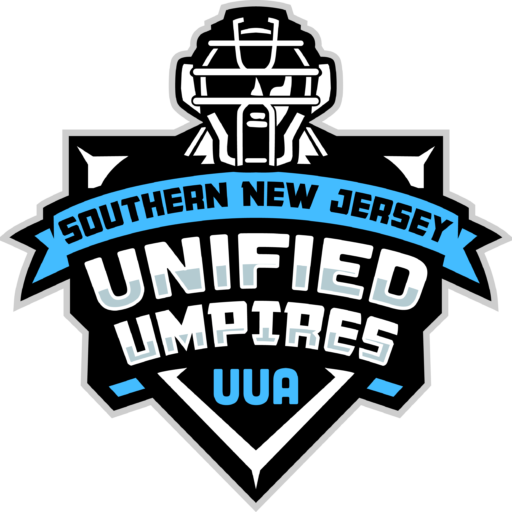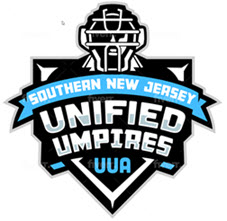
8-3-2 When a runner is obstructed (2-22) while advancing or returning to a base, the umpire shall award the obstructed runner and each other runner affected by the obstruction the bases they would have reached, in his opinion, had there been no obstruction. If the runner achieves the base he was attempting to acquire, then the obstruction is ignored. The obstructed runner is awarded a minimum of one base beyond his position on base when the obstruction occurred. If any preceding runner is forced to advance by the awarding of a base or bases to an obstructed runner, the umpire shall award this preceding runner the necessary base or bases. Malicious contact supersedes obstruction. Runner(s) will be awarded appropriate base(s) per umpire judgement. When obstruction occurs, the umpire gives the delayed dead ball signal and calls “obstruction.” If an award is to be made, the ball becomes dead when time is taken to make the award.
5-1-2 It is a delayed dead ball when:
- there is interference by a batter (Exception 7-3-5 Penalty),
- When the batter interferes with the catcher attempting to play on a runner, if an out does not result at the end of the catcher’s throw, the ball shall become dead immediately.
- a catcher or any fielder obstructs a batter or runner; or obstructs the ball through use of detached player equipment (8-3-3);
2-22-1 Obstruction is an act (intentional or unintentional, as well as physical or verbal) by a fielder, any member of the defensive team or its team personnel that hinders a runner or changes the pattern of play as in 5-1-3 and 8-3-2; or when a catcher or fielder hinders a batter as in 5-1-2b, 8-1-1e, 8-3-1c and 8-3-2. When obstruction occurs, the ball becomes dead at the end of playing action and the umpire has authority to determine which base or bases shall be awarded the runners according to the rule violated (Exceptions 8-4-2c,8-4-2d).


